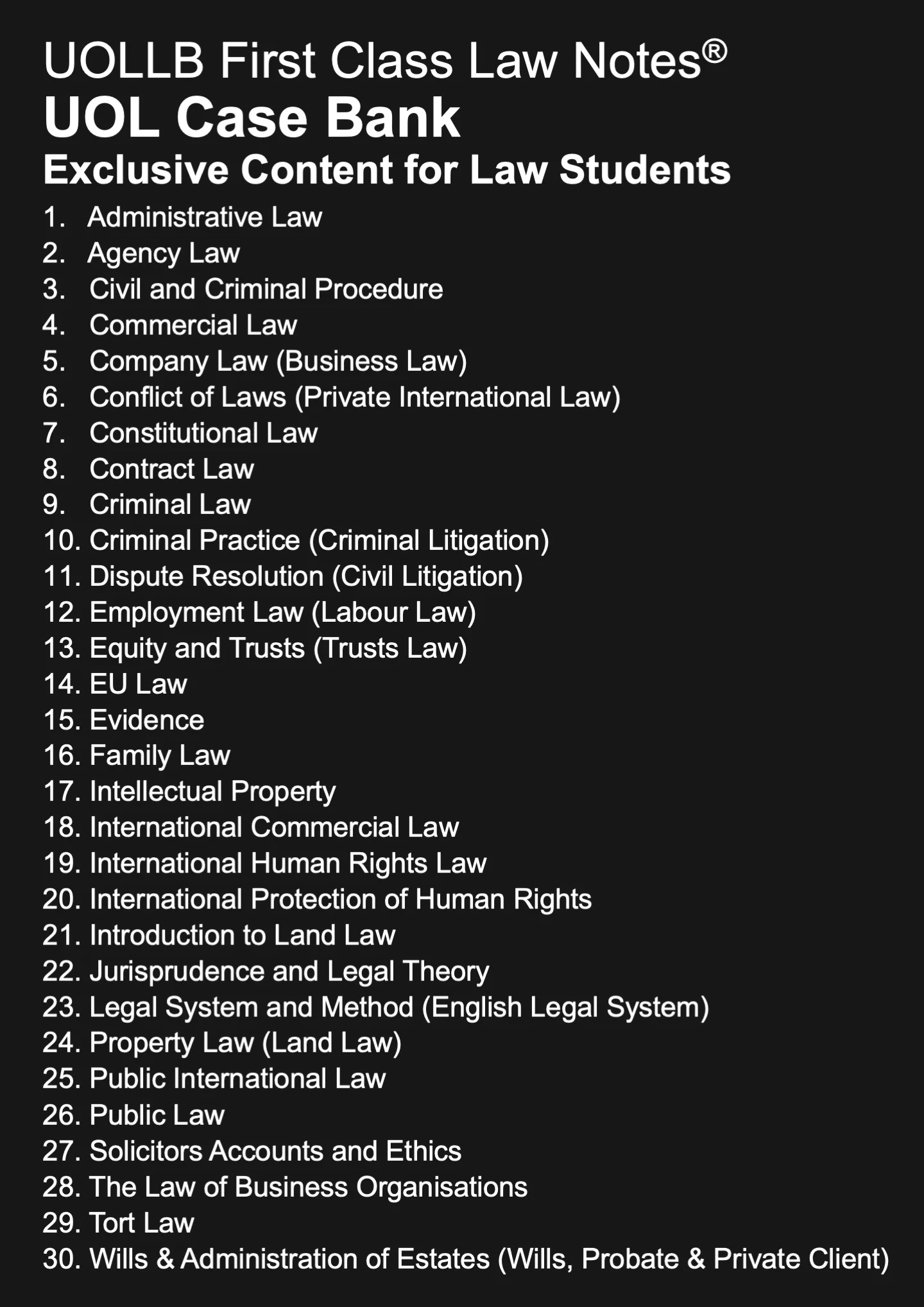Marxism and the Concept of Class
Share
Marxism, as a socio-political and economic theory, has significantly shaped our understanding of societal structures and the distribution of power. At the core of Marxist philosophy is the concept of class, which explores the intricate relationships and power dynamics among different segments of society. This article delves into the foundations of Marxism and its profound analysis of class struggle.
The Marxist View of Society
Marxism, developed by Karl Marx and Friedrich Engels in the 19th century, offers a critical perspective on society, emphasising the role of economic structures in shaping human relations. Marxists argue that the means of production—such as factories, land, and resources—determine the organisation of society and influence the distribution of wealth and power.
The Basis of Class
For Marxists, class is not merely an economic category but a fundamental social division. The key factor defining one's class is their relationship to the means of production. The bourgeoisie, or capitalist class, owns and controls these means, while the proletariat, or working class, sells their labor to the bourgeoisie in exchange for wages.
Class Struggle
Marxism asserts that history is marked by class struggle, a perpetual conflict between the bourgeoisie and the proletariat. The bourgeoisie seeks to maintain and expand its wealth and power, while the proletariat aims to improve working conditions, achieve fair wages, and eventually overthrow the capitalist system.
Exploitation and Alienation
Marxist theory argues that the capitalist system inherently exploits the working class. The surplus value created by the labor of the proletariat is appropriated by the bourgeoisie, leading to economic inequality. Moreover, Marx highlighted the concept of alienation, where workers become estranged from the products of their labor, their own humanity, and the social process of production.
Class Consciousness
Marx believed that for true social change to occur, the proletariat must develop class consciousness—an awareness of their shared interests and the oppressive nature of the capitalist system. This consciousness is a precursor to collective action and the eventual overthrow of the bourgeoisie.
Evolution of Classes
Marxism recognises the potential for class structures to evolve. As capitalism develops, Marx predicted a growing polarisation between the bourgeoisie and the proletariat. He also foresaw the emergence of a revolutionary class, capable of leading the proletariat in the struggle for a classless society.
Critiques of Marxism
While influential, Marxism has faced criticism for its deterministic view of historical development and its potential for oversimplifying complex social realities. Critics argue that focusing solely on economic factors neglects the impact of culture, politics, and individual agency.
Contemporary Relevance
Despite critiques, the Marxist perspective on class remains relevant in contemporary discussions about inequality, labour rights, and social justice. Movements advocating for fair wages, better working conditions, and wealth redistribution echo the core principles of Marxist thought.
Marxism's exploration of class dynamics has left an indelible mark on the study of sociology and political theory. By scrutinising the relationships between different classes and the structures that perpetuate inequality, Marxism invites us to critically examine the systems that shape our societies and envision alternatives that prioritise social justice and collective well-being.
The Marxist View of Society
Marxism, developed by Karl Marx and Friedrich Engels in the 19th century, offers a critical perspective on society, emphasising the role of economic structures in shaping human relations. Marxists argue that the means of production—such as factories, land, and resources—determine the organisation of society and influence the distribution of wealth and power.
The Basis of Class
For Marxists, class is not merely an economic category but a fundamental social division. The key factor defining one's class is their relationship to the means of production. The bourgeoisie, or capitalist class, owns and controls these means, while the proletariat, or working class, sells their labor to the bourgeoisie in exchange for wages.
Class Struggle
Marxism asserts that history is marked by class struggle, a perpetual conflict between the bourgeoisie and the proletariat. The bourgeoisie seeks to maintain and expand its wealth and power, while the proletariat aims to improve working conditions, achieve fair wages, and eventually overthrow the capitalist system.
Exploitation and Alienation
Marxist theory argues that the capitalist system inherently exploits the working class. The surplus value created by the labor of the proletariat is appropriated by the bourgeoisie, leading to economic inequality. Moreover, Marx highlighted the concept of alienation, where workers become estranged from the products of their labor, their own humanity, and the social process of production.
Class Consciousness
Marx believed that for true social change to occur, the proletariat must develop class consciousness—an awareness of their shared interests and the oppressive nature of the capitalist system. This consciousness is a precursor to collective action and the eventual overthrow of the bourgeoisie.
Evolution of Classes
Marxism recognises the potential for class structures to evolve. As capitalism develops, Marx predicted a growing polarisation between the bourgeoisie and the proletariat. He also foresaw the emergence of a revolutionary class, capable of leading the proletariat in the struggle for a classless society.
Critiques of Marxism
While influential, Marxism has faced criticism for its deterministic view of historical development and its potential for oversimplifying complex social realities. Critics argue that focusing solely on economic factors neglects the impact of culture, politics, and individual agency.
Contemporary Relevance
Despite critiques, the Marxist perspective on class remains relevant in contemporary discussions about inequality, labour rights, and social justice. Movements advocating for fair wages, better working conditions, and wealth redistribution echo the core principles of Marxist thought.
Marxism's exploration of class dynamics has left an indelible mark on the study of sociology and political theory. By scrutinising the relationships between different classes and the structures that perpetuate inequality, Marxism invites us to critically examine the systems that shape our societies and envision alternatives that prioritise social justice and collective well-being.

























































